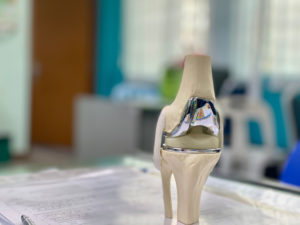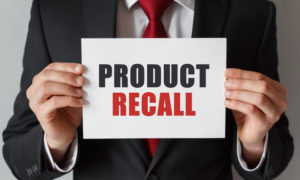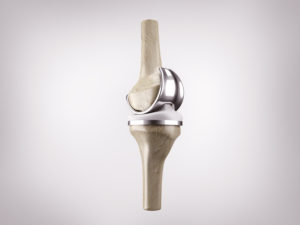The devastating consequences of defective hernia mesh, the net-like medical sheet used in over 90% of all hernia repairs, continue to quietly ravage the lives of thousands in the United States every day.
A U.S. Judicial Panel on Multidistrict Litigation report released in June 2019 revealed data on the number of pending lawsuits against popular hernia mesh manufacturers, citing 2,478 Bard hernia mesh cases, 2,167 Ethicon Physiomesh cases and 1,403 Atrium C-Qur mesh cases. These figures have likely doubled or even tripled in recent months. A common complaint made by plaintiffs is that they were not informed of the high risk of complications, with some plaintiffs claiming “that they were told there was a 5% chance of the hernia mesh causing pain, but after implantation, they were told the risk of pain was 12% to 30%.”
The health and safety concerns associated with pelvic mesh, a nearly identical surgical mesh to hernia mesh, are well-known. In fact, the Food & Drug Administration (FDA) issued a nationwide ban on all pelvic mesh sales in April 2019 due to the complications it was causing. Yet despite the stark similarities between the two products – and the complications associated with them – a majority of hernia mesh products are still on the market.
Some complications linked to defective hernia mesh include:
- Radiating or chronic pain
- Decrease in overall psychological well-being
- Contraction or dislodging of the mesh
- Increased recovery time
- Infection
- Inflammation
- Mesh erosion
- Organ perforation
- Pain during sex
- Scarring
- Urinary problems
Hernia mesh implantation has long been considered the standard of care for hernia repair, and this is unlikely to change anytime soon. It is often the only hernia repair method doctors feel comfortable performing, despite the existence of less-risky options like pure tissue suture repair. Unfortunately, this means that many patients have no choice but to undergo risky mesh procedures that may result in debilitating complications.
If you or a loved one has experienced complications after a hernia mesh implant, call Pogust Millrood toll free at 888-348-6787 or direct to our Pennsylvania office at 610-941-4204 to see if you are entitled to seek damages.

A Pennsylvania native, Mike Daly has spent most of his life in the greater Philadelphia area. A proud graduate of Penn State and the Villanova School of Law, he's currently a partner at Pogust Millrood, where he represents individuals throughout the country in class action and mass tort claims involving consumer fraud, environmental harm, defective medical devices, and harmful pharmaceuticals.














One Comment
Desmond Carppe
Help us here in New Zealand as no Government departments are taking the hernia mesh implanted people seriously about defective, faulty recalled MESH. Information or tips on how to or what to fight with would be good.
Comments for this article are closed.